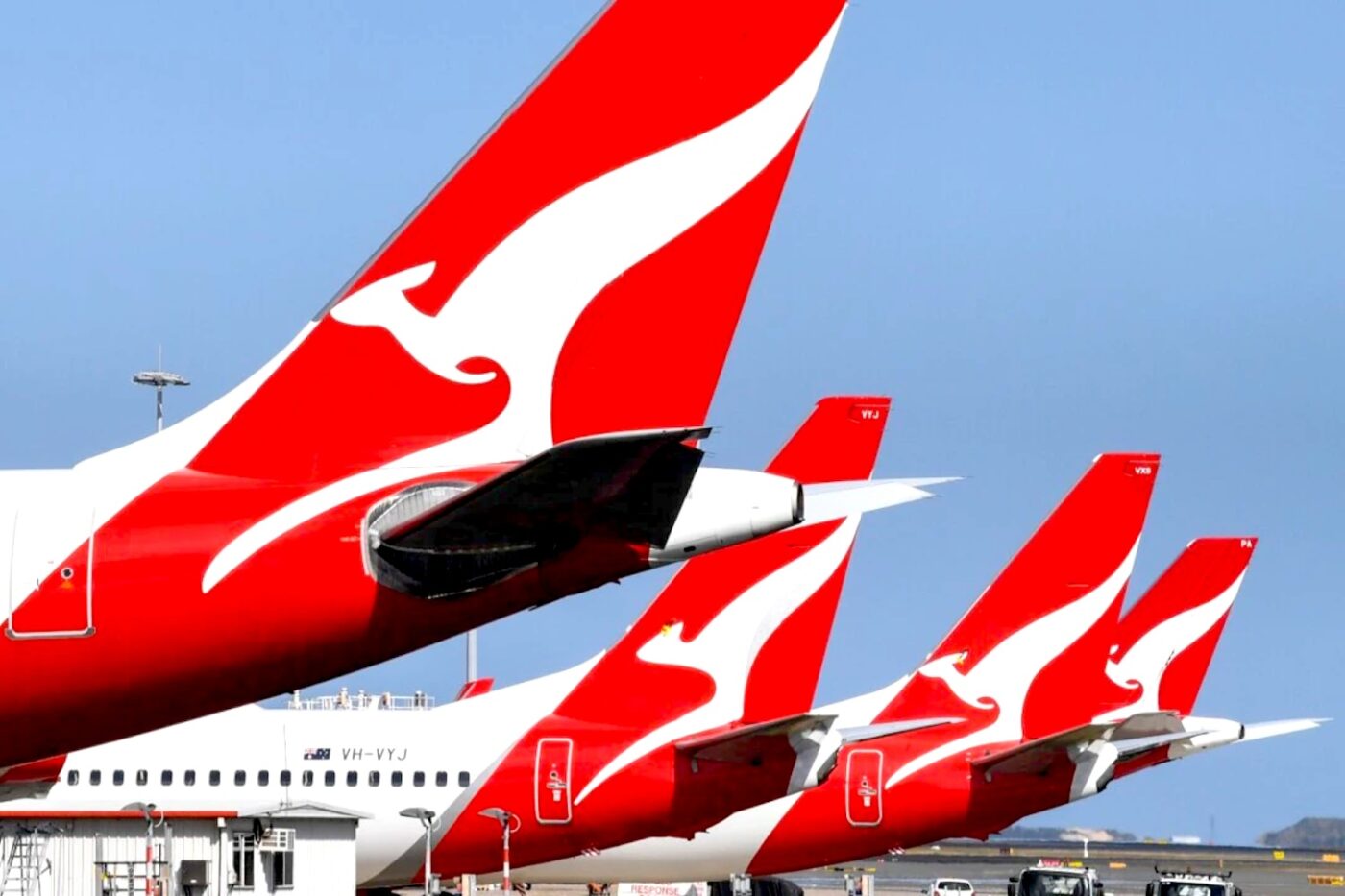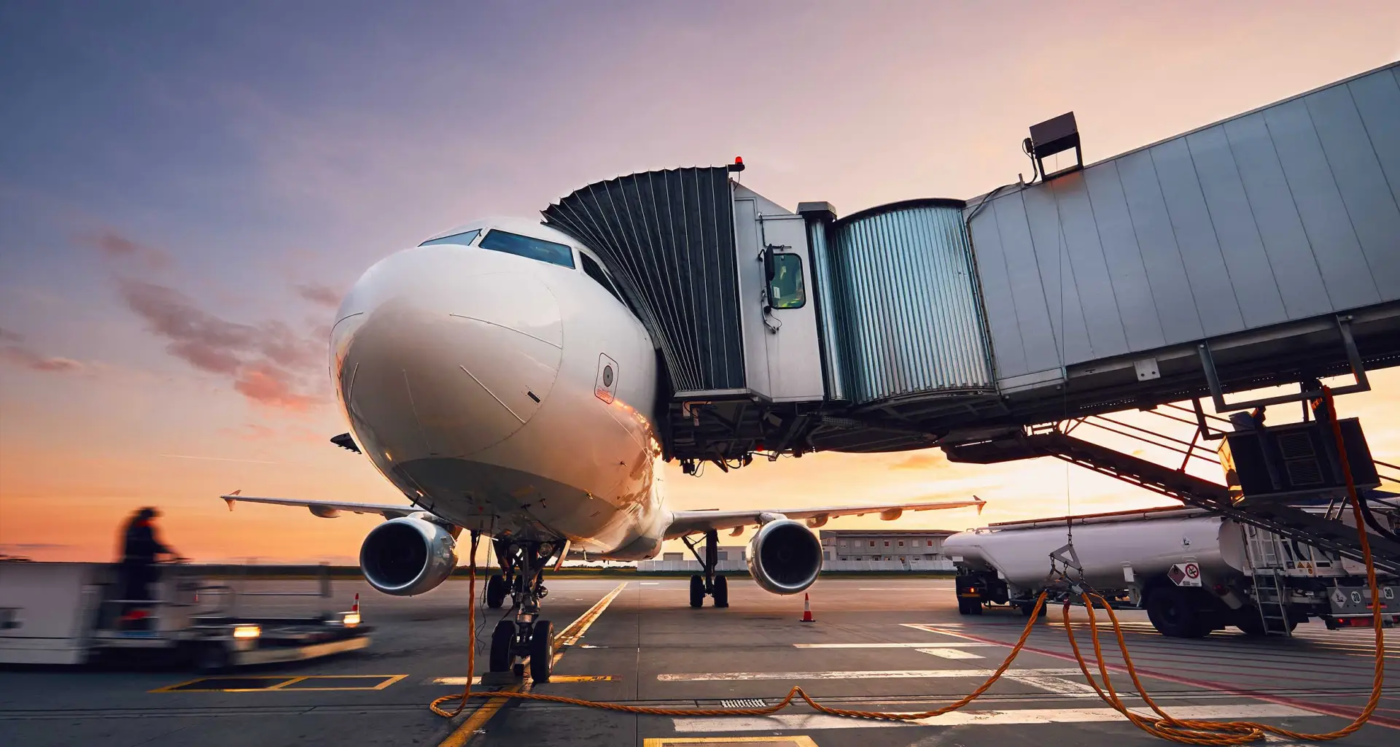Qantas is rolling out group boarding on its B737 and A330-operated domestic flights, and with all things Qantas, it is a telling show of who matters to the airline and who does not.
Qantas makes a decent fist of looking after its high-value passengers, who are the big winners here. Passengers will be divided into six groups, with Group 1 able to board first and Group Six boarding last.
Group boarding is already in place at the Qantas domestic terminals in Brisbane and Perth and will start at Melbourne’s T1 on June 17 and Sydney’s T3 on June 25. Airlines overseas widely use the practice, and if managed properly, can result in quick and efficient boarding, which is a win for everybody, and also improves Qantas’s on-time performance metric.
RELATED: Qantas Slashes Business Class Fares
Qantas Group CEO Vanessa Hudson told this writer at a media roundtable last week that she had spent considerable time lately listening to customers about pain points and addressing those. The standard domestic boarding melee is one of those pain points, especially for frequent flyers.
“I have spent hours in focus groups with detractors,” Hudson said. “I’m surrounding myself with customers who’ve had bad experiences, not the customers that are [Qantas] promoters…
“We’ve known in the past that on-time performance and customer satisfaction is highly correlated. The new boarding process is focused on that (on-time) performance.”
Vanessa Hudson
Winners And Losers
As with many other airlines, customers are not created equal at Qantas: Business class passengers, Qantas Platinums, Platinum Ones, Oneworld Emeralds, and Chairman’s Lounge members are all collected into Group 1 and can board first and anytime after that until boarding closes. It’s a reworking of the previous priority boarding call, which Qantas domestic gate agents were particularly bad at enforcing. Now, the computer will say no unless your boarding pass is coded Group 1. That will kill off the freeloading Bronze frequent flyers trying their luck in the priority queue.
Qantas Gold frequent flyers and Oneworld Sapphires are among the losers. They’ve gone from the priority boarding call to Group 2. It’s not a huge downgrade, and by the time you wander down from the Qantas Club to the gate, they’ll likely be midway through the boarding process anyway. However, it does give you some indication of the value Qantas puts on the road warrior crew who do the Sydney – Melbourne grind every week in on the best available fares.
Also getting the boarding cold shoulder from Qantas are silver frequent flyers and Qantas Club members, who’ve always got less than they might like in terms of benefits from Qantas and under the new boarding regime, unless flying business class, continue to do so.

Once Qantas has its valued and semi-valued passengers seated, it boards the economy cabin from the rear (Group 3), progressively moving up to the front of the economy cabin (Group 6). Low-status or no-status pax who like to wrangle a seat in the forward economy cabin (presumably for a hasty exit) are among the biggest losers in the new boarding arrangement.
Not only are you called to board last, but all the earlier boarding passengers will have jagged the overhead bin space near your seat, leaving you to jam your oversized wheelie carry-on into a bin six rows behind you.
Of course, boarding early has no real value unless you like sitting in Qantas economy or need to stash a carry-on. If you do, timely boarding is key to snagging a bin above your seat.
Navigating The New Process
In which case, unless you are in Group 1 or 2, selecting a seat at the back of the plane becomes a solid strategy. Granted, it is desperately unfashionable, but Qantas economy is desperately unfashionable full stop. However, the rear seats tend to fill up last, meaning you are more likely to get an empty seat beside you, and you’ll be in Group 3, which means you are among the first in economy class to board. So, you can get that bin space.

Here, the Qantas app becomes your friend. Say what you like about the national carrier, but the ability to monitor the seat map and empty seats in real-time and chop and change right up to boarding means you can look for the least crowded parts of the plane and change seats at the very last minute. It’s one way to work the new boarding regime if Qantas considers you an item to be conveyed rather than a valued customer.
Hudson is busy cleaning up the reputational mess left by her predecessor. She talks about customers (not passengers) having positive experiences at Qantas and forming memories that will entice them back, not straight over to Virgin Australia. Sorting the traditionally less-than-brilliant Qantas domestic boarding process is one cog in that process.
“When customers have had a positive experience, they’re going to start to believe (in Qantas) and reputation and trust will return,” she said. “And that’s what we are absolutely and relentlessly focused on.”
